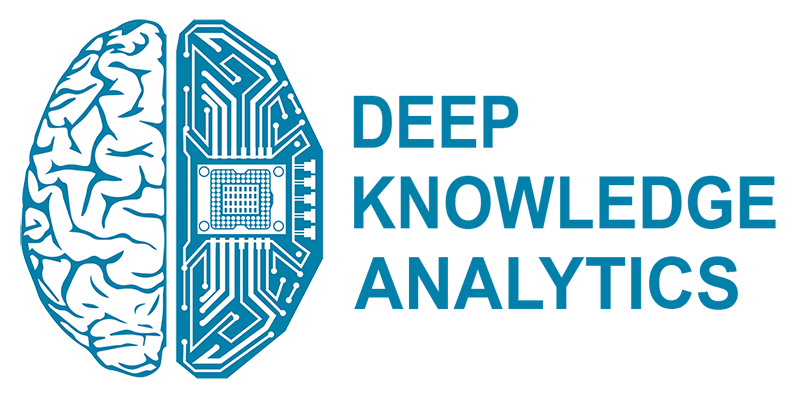11.
MIT Media Lab
1985-01-01 00:00:00
«AI in Organoids and Organ-on-a-chip»
- — hubs and other organisation types
Industries

© 2024